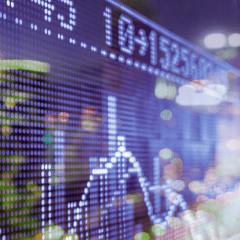Getting Along or Getting Ahead? The Domestic Roots of Status-Seeking in International Relations
Speaker: Dr Ashani Amarasinghe
Affiliation: University of Sydney
Locaiton: Room E356, Forgan Smith Building (East Wing) (#01), St Lucia Campus
Zoom: https://uqz.zoom.us/j/82603079317
Abstract: This paper examines how domestic economic conditions shape international relations. We develop a novel measure of inter-government interactions using high-frequency event data across 18,330 country dyads from 2001-2019. To establish causality, we exploit plausibly exogenous variation in countries’ natural resource wealth driven by global commodity price shocks. We find that positive resource shocks significantly increase countries’ aggressive behavior in international relations, primarily through verbal rather than material confrontation. This effect operates strategically: aggression is targeted at peripheral nations while avoiding major trading partners, suggesting a deliberate approach to status enhancement that preserves economic relationships. The mechanism works through domestic political channels, with resource windfalls reducing public discontent and providing governments with political capital to pursue more assertive foreign policy. Consistent with theories of status-seeking behavior as a tool for enhancing international standing, the effects are concentrated in middle and low-income countries and in political systems with electoral accountability. Our findings highlight how domestic economic conditions influence international relations through the strategic pursuit of status, with implications for understanding the economic roots of geopolitical behavior.
About Applied Economics Seminar Series
A seminar series designed specifically for applied economics researchers to network and collaborate.

